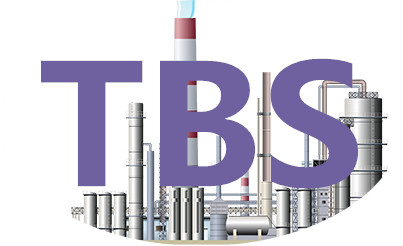Fisher 646 Electro-Pneumatic Transducer
Reference accuracy: ± 0.5% of the total scale of the output range; Including lag, linearity and dead zone combined effects
Independent linearity: ± 0.5% of the total scale of the output range
Lag: 0.4% of the total scale of the output range
Specifications
Area Classification
Explosion Proof, Intrinsically Safe, Non-incendive, General Purpose, Flame Proof
Certifications
CSA, FM, ATEX, IECEx, CUTR, Regional
Communication Protocol
4-20mA Analog
Data Interface
Wired
Diagnostics
No
Input Signal
Electric
Max Outlet Pressure
20 psig
Mounting Type
Remote Mount, Actuator Mount
Operating Temperature
Standard Temperature
Position Control
Modulating Control
Power Source
Local
Supply Media
Air
The Type 646 electrical converter uses a converter module to convert the input signal from 4 to 20 mA into a proportional pneumatic output signal from 3 to 15psig (0.2 to 1.0 bar). The text converter module uses small parts with very small mass, and the mass of the parts is symmetrically distributed around the center of mass fulcrum to achieve balance. This balanced layout results in high performance and reduced sensitivity to vibration. An integrated pneumatic amplifier provides a high-capacity output to drive the pneumatic valve actuator control system without the need for additional superchargers or positioners. when
The converter can also provide stable operation when its output is sent to a small air chamber, such as a pneumatic positioner or other pneumatic device. Low sensitivity to vibration, high capacity and first-order hysteresis make the Type 646 converter ideal for mounting directly onto the valve/actuator. Connectors and ductwork for diagnostic testing can be installed on any Type 646 converter.
Input signal: 4-20mA direct current, the maximum voltage is 30V DC constant current.
Output signal: 3-15psig (0.2-1.0bar), positive action only
Air source pressure:
Recommended value: 20 psig (1.4bar)
Minimum value: 20 psig (1.4bar)
Max value: 50 psig (3.4bar)
Maximum steady state air consumption: The air consumption is proportional to the output pressure. The output pressure is 15
At psig (1.0bar), maximum consumption is 7.8scfh (0.20 standard m3/hour)
Maximum output air: When the input pressure is 20 psig (1.4bar), the output is 300scfh (8.0 standard m3/hour).
property
Reference accuracy: ± 0.5% of the total scale of the output range; Including lag, linearity and dead zone combined effects
Linearity: ± 0.5% of the total scale of the output range
Lag: 0.4% of the total scale of the output range
Response frequency: When the output signal of the converter connected to a typical input device is 10 Hz, the gain value is attenuated by 3dB
Temperature effect: Every 100 oF (55o C) change in temperature causes a ± 4% change in the total scale of the output range
Input pressure effect: Every 1psi change in input pressure causes a 0.2% change in the total scale of the output range
Vibration effects: When tested according to Condition 3 of SAMA standard PMC31.1, vibration effects are less than 1% of the total scale of the output range electromagnetic interference (EMI)
If you need to know the detailed parameters and prices and delivery time, please feel free to contact us










